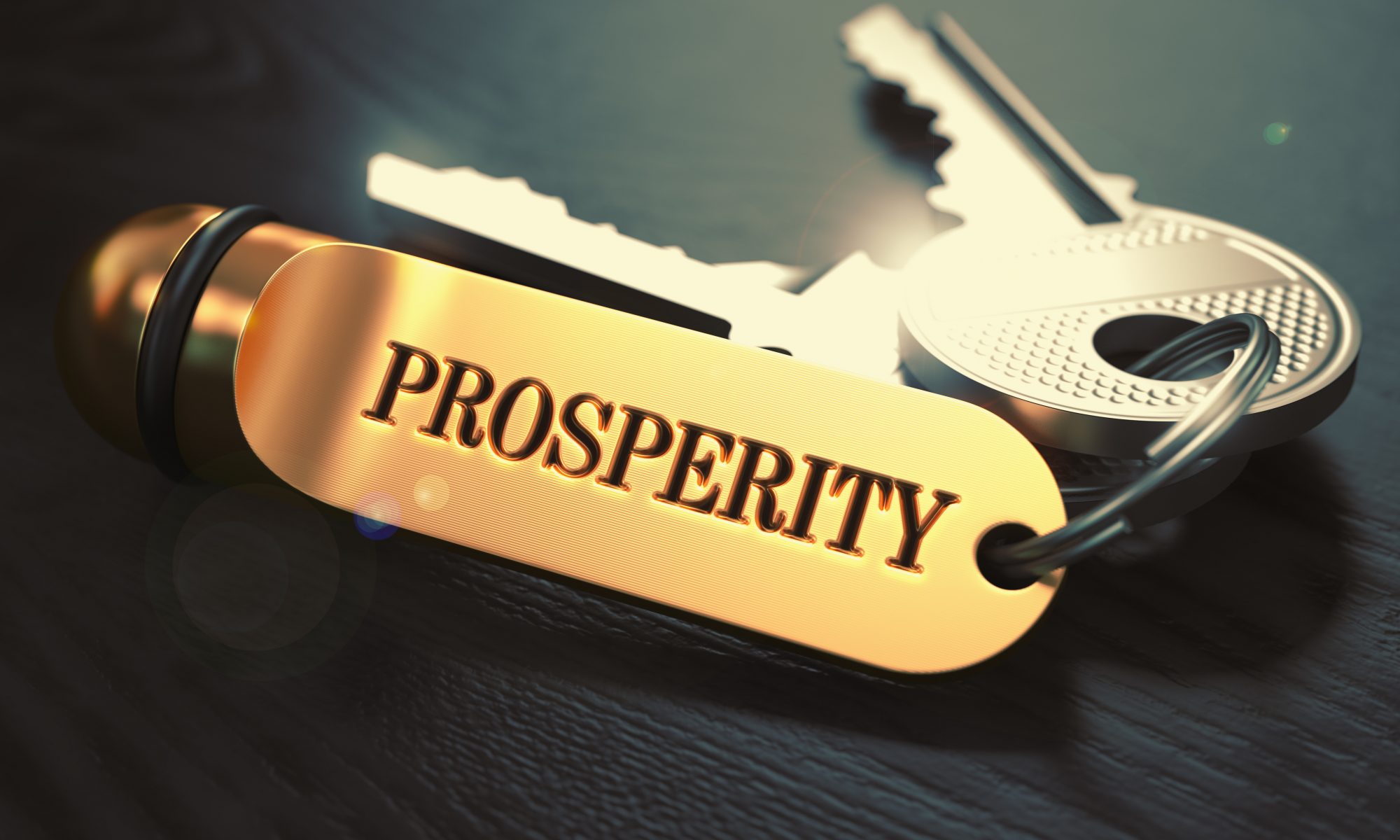
Ah, Spring! A time of renewal, life and light. We survived the long, dark winter and now brighter days are ahead. It’s a good time to take a look at things in your life and give them a buff and shine so they look a little nicer. So, people generally take the time to clean out the garage, clean the house, put away those warm winter clothes and break out the Spring duds because beach season is coming after all.
It’s no different with your money. Over the winter your money may have gotten fat and lazy. It may have also picked up some dust balls that are making it (and YOU!) look bad. So here are 11 quick and handy tips you can use to dust off your finances and get them into tip-top shape for the coming season.
1. GET ON A BUDGET
Every winter season the holidays come. And every winter season the sales come right along with them. People who have been behaving and living below their means all year to this point suddenly lose their minds and buy a bunch of stuff they don’t really need, with money they don’t really have, to impress people they don’t really like. If you are part of the masses and you’ve used the holidays as an excuse to blow through your budget like a weed wacker on steroids now is the time to rein it in and stop the madness. Sit down and review your expenses, compare it with your income and create a budget that makes sense and is more in line with what you really earn.
2. STOP CHARGING UP YOUR CREDIT CARDS
Credit cards. You can’t live with them… Let’s leave it at that. If you are like the average American, you are carrying $8600 in credit card debt. That’s according to a March 2018 ABC News article. To put what that’s costing you into perspective imagine you had placed that money into an investment account earning 8% (well below the 30-year average S&P 500 12% return rate). In 10 years that money would be worth $18,566. In 20 years it would be worth, wait for it, $40,084. And in 30 years it would be worth a whopping $86,538! And that’s if you never even added another dime. Imagine if instead of sending that monthly payment to the banks it went instead into your investment account? Now that number begins to take off into the 100’s of thousands or, quite easily, millions of dollars. Get the point?
3. PAY OFF DEBT
But everyone lives with a payment, right? It’s the American way after all. Yeah, it is. And that’s why 78% of Americans are living paycheck-to-paycheck. Monthly payments eat into your disposable income like a piranha. If you don’t want to be average stop carrying debt. The average American carried over $38,000 in non-mortgage debt in 2018. If you want to know what’s that’s costing you, just look back at item 2. Still want to be average?
4. BULK UP YOUR EMERGENCY FUND
Emergency, schmergency. That’s what credit cards are for, right? Wrong! 40% of Americans don’t have enough cash to cover a $400 emergency. Think about that. As little as $400 can break 40% of us. To get out of that danger, quickly build a beginner $1,000 emergency fund. Sell stuff, work extra, turn a hobby into a business, whatever. Just do it fast. It won’t catch every possible emergency, but it will catch most and keep you from resorting to those high-interest credit cards as a crutch. Again, if you haven’t gotten the point, go back to item 2.
5. FILE YOUR TAXES- ON TIME!
Every year millions of Americans wait until the last second to file and end up missing the deadline and thus incur penalties. Even if you know you owe and don’t have the money to pay, file anyway. That way you can at least avoid the hefty failure to file penalties, which are 5% for every month the balance goes unpaid up to a maximum of 25% of the balance owed. Ouch! You can set up a payment plan with the Feds later on. Just get it done now. And when you file, use a professional. The form 1040, that 69% of us use, takes 16 hours to prepare on average, according to the IRS. Think about the value of your time and the money that a savvy tax pro can save you.
6. AVOID BIG REFUNDS
Got a big refund? Happy? You shouldn’t be. You just loaned the Federal Government your money for one year and they used it without paying you a dime of interest. The average tax payer in 2016 overpaid the government by $260 each month! You could have been using that money over the course of the year to pay off debt, build savings, invest or take care of a lot of monthly budget items that need immediate attention. Still excited about that refund? If not, adjust your W4 accordingly so you have no, or very little, refund come next tax year. It’s your money, you work hard for it. Don’t just give it away to congress to blow on some stupid pet pork project.
7. TAKE A LOOK AT YOUR 401K
If you have paid off all your debt and your 401k has been neglected you are leaving a lot of money on the table. For instance, if your employer matches up to a certain percentage, that’s a FREE 100% return on that portion of your contribution. It’s crazy to give that up. Also, if you have picked some dog funds that should be taken out back and shot, you are missing out on some big returns from the market. Do some research and look at the range of funds your employer offers. Take a few minutes to research the average 10-year return. If it’s tracking close to the average 30-year stock market return of 12% or more, you’ve got a winner. If not, you’ve got to make some changes. It’s your future and your potential loss of hundreds of thousands of dollars if you don’t.
8. DUST OFF ANY UNECESSARY FEES
Is your bank fee-happy? Some banks would charge you for the air you breathe when you walk into one of their branches if they could. Review your fees. There are so many options out there now with online banking, credit unions and regional or local banks where you can drastically reduce or even eliminate the fees the big banks charge you. Many offer no-fee checking, no ATM fees at other machines and no minimum balance requirements. Shop around and save a buck or two. Or ten. Or 30!
9. TRIM THOSE SUBSCRIPTIONS
Do you have a lot of zombie subscriptions sucking the life blood out of your bank account every month? You know, stuff that you pay for but never use. Are you really using that streaming service subscription? Is your gym membership being used or are you keeping it around just so you can say you belong to a gym? Get out your statements and list all those recurring subscription and membership charges. If you are not using them, cut them off immediately. Those savings can quickly add up to be used elsewhere in your financial plan.
10. REVIEW INSURANCE COVERAGES
Every person should have life, disability, renters (if you rent), identity theft and long-term care insurance (if you’re over 60). I’m assuming you have homeowners and auto. You’re not crazy, right? If you are missing any of these key defenses in your financial walls, take care of it now. And when you shop use a broker, who can shop around at multiple companies for the best rate. On the other hand, using a captive agent (one who works for a particular company only), locks you into their costs, which may be excessively high and not as good quality coverage as you can get by shopping on the open market.
11. REVISIT YOUR GOALS FOR THE YEAR
The first quarter is over. Most people have thrown their goals into the trash bin by the end of February. But don’t let that be you! Dust off that list and see how your financial plan stacks up against it. Make sure your financial plan works with your goals, not against them. If adjustments need to be made, refocus and recommit. Get an accountability partner on board. Write down your action plan for achieving those goals and review it every day to make sure you are making progress on them and not just making excuses. If you do, you have a 70% better chance at reaching those goals than everyone else who doesn’t do these things has. So be a winner, not a lame wanter!
Now that you’ve read through this article, do yourself a favor and take the time to actually do the things you’ve learned. If doing all of them is too daunting for you right at this moment, pick just one and commit to taking some action on it today. Then pick another one tomorrow and take action on it that day. Work your way through the list 15 minutes at a time, one day at a time. Before you know it, your finances will be fit and in fighting shape for the rest of the year.

